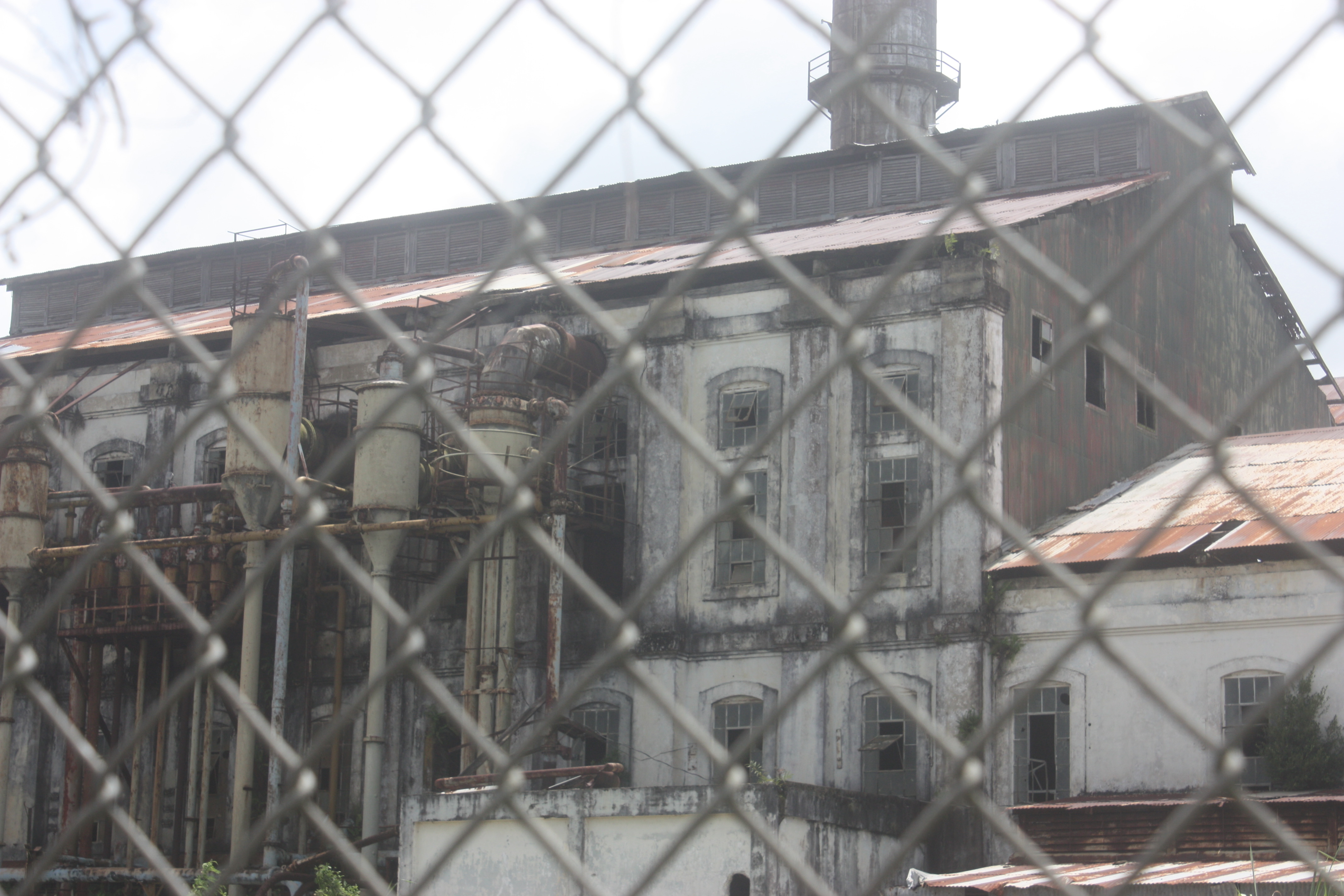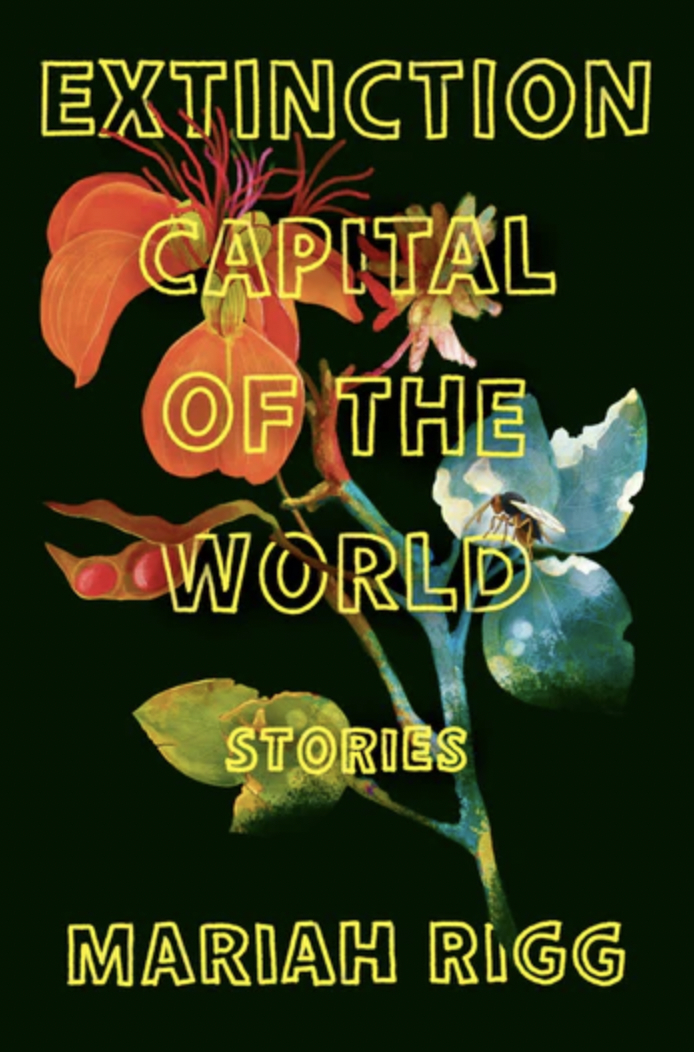In the same way that some structures carry time on their shoulders, we too want to observe its traces. Every place, of course, has anchors that halt time as it passes by. In Europe, the huge cathedrals are mute and impotent witnesses of history. Likewise, the old sugar mills of Puerto Rico remain to remind us of an era that, while gone, is still harbored within them. These metal monsters, abandoned to their rusty luck, become sanctuaries of memory. The mill Coloso, one of the last of the dying titans, is now only a grey silhouette lost in the green and twisted landscape of the valley.
But it is not as empty as it seems.
Few know that, out there, the days are longer. The light barely filters through the scaffolding. The elongated girders, black with corrosion, barely remember the workers’ strikes and their almost mythical foundations. Now the only inhabitants are the wind and stray dogs. The vacant workers’ quarters have lost their original soot, returning to a more human tone provided by nature, but at the same time they are ceasing to exist, sinking into the farthest province of oblivion. Once, these walls silently observed the departure of trucks full to the brim with sugar, the warehouses stocked with canes, the smell of molasses, the whistle blows, and then, finally, the last zafra.[1] But these are very old memories, anachronisms of a time long gone. Recently, Coloso has become the site of a body.
I don’t know if it arrived by accident, or was it murder? I couldn’t tell if the marks on the skin were signs of a natural or a criminal death. It does not matter. The body had the luck or misfortune to fall through a crack, an unused corner with difficult access, an avatar of architectural waste.
When I found it, it was still fresh. I know I should have reported it. I imagined relatives, friends, looking expectantly through the window or waiting by the phone for news. However, I decided to hold on to it. And visit it daily. For a moment I thought about hiding it, but then I figured that if it had not been found by now, it would never be. I just looked at it, untouched, undisturbed, envying its quietness. I spent long hours watching the erasure of its features. For a time there was a strong smell, but later it became natural and mixed well with the aromas of iron and history that permeated the environment. It looked so embracing of the corrosion that was integrating it into the ground. A banquet of insects and maggots had gathered and unhurriedly worked to dispatch the remains. Shortly the body became a dark brown silhouette on the verdant ground, in which you could barely distinguish the ghost of a smile. I was with it all along the way. I believe it was Chesterton who said that those who have witnessed disintegration can better understand life. I don’t know if that’s true, but everything seems different to me now. The sugar mill is still there, with the same obstinate ossification of metal boredly watching the years pass. The birds, like a cinematographic cliché, continue singing; they still nest on the beams, and time keeps dragging its essence through the scaffolding. Sometimes I go back in the afternoons and spend long hours looking at the space once and still occupied (in some organic way) by the body. I think I miss it.
Hugo Ríos Cordero was born on the West Side of Puerto Rico in 1972. He has published three books: two collections of short stories and one of poetry. He is currently working on a novel called Paper Dragons. He teaches cinema studies at Miami University in Oxford, Ohio.
[1] Sugar harvest




